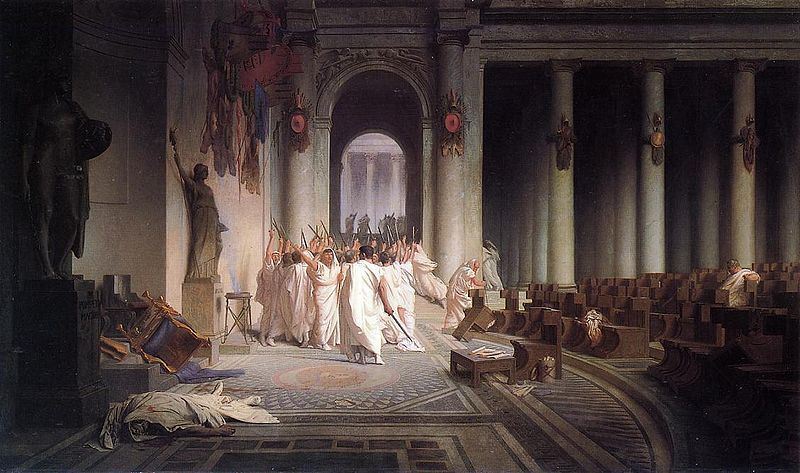A Chemistry Lesson from the Seventh Circuit
 Under the federal sentencing guidelines, sentences in drug-trafficking cases turn largely on weight — that is, how much of each type of drug was sold by the defendant — which can cause all sorts of problems in sentencing long-time dealers who were not considerate enough to keep meticulous records of their sales for the police. Witness the case of crack dealer Joshua Hines, who admitted acquiring 1.531 kilograms of powder cocaine. The district judge assumed that Hines cooked this powder into an equivalent weight of crack for resale, which resulted in a sentence of 168 months in prison. Given much harsher treatment of crack than powder, the guidelines would not have resulted in nearly so long a sentence on the basis of the 1.531 kg of powder alone. So, is it fair to assume that a crack dealer who possessed a certain weight of powder also possessed the same weight of crack?
Under the federal sentencing guidelines, sentences in drug-trafficking cases turn largely on weight — that is, how much of each type of drug was sold by the defendant — which can cause all sorts of problems in sentencing long-time dealers who were not considerate enough to keep meticulous records of their sales for the police. Witness the case of crack dealer Joshua Hines, who admitted acquiring 1.531 kilograms of powder cocaine. The district judge assumed that Hines cooked this powder into an equivalent weight of crack for resale, which resulted in a sentence of 168 months in prison. Given much harsher treatment of crack than powder, the guidelines would not have resulted in nearly so long a sentence on the basis of the 1.531 kg of powder alone. So, is it fair to assume that a crack dealer who possessed a certain weight of powder also possessed the same weight of crack?
No, said the Seventh Circuit in United States v. Hines (No. 08-3255). Writing for the court, Judge Posner offered a little chemistry lesson, explaining that the process of cooking powder into crack removes hydrochloride from the drug. Under ideal conditions, cooking results in an eleven-percent weight loss. But, given the potential for careless waste during cooking, it is not clear that even the eleven-percent loss should be assumed. The court concluded, “[If] the government wants the sentencing judge to infer the weight of the crack from the weight of the powder from which the crack was manufactured, it has to present evidence, concerning the cooking process, that would enable a conversion ratio to be estimated” (3). (Judging by the mess on my kitchen counter most mornings, I am guessing that the “conversion ratio” when my six-year-old cooks oatmeal into hot cereal is about 2:1. Fortunately, and notwithstanding its cholesterol-lowering benefits, the street value of oatmeal remains a lot less than cocaine.)

 After my property ASP, I ended up in an interesting conversation about zoning. I know nothing about zoning both because I am a 1L and because I am from Houston, the only city in the country (to my knowledge and pride) without zoning.
After my property ASP, I ended up in an interesting conversation about zoning. I know nothing about zoning both because I am a 1L and because I am from Houston, the only city in the country (to my knowledge and pride) without zoning.